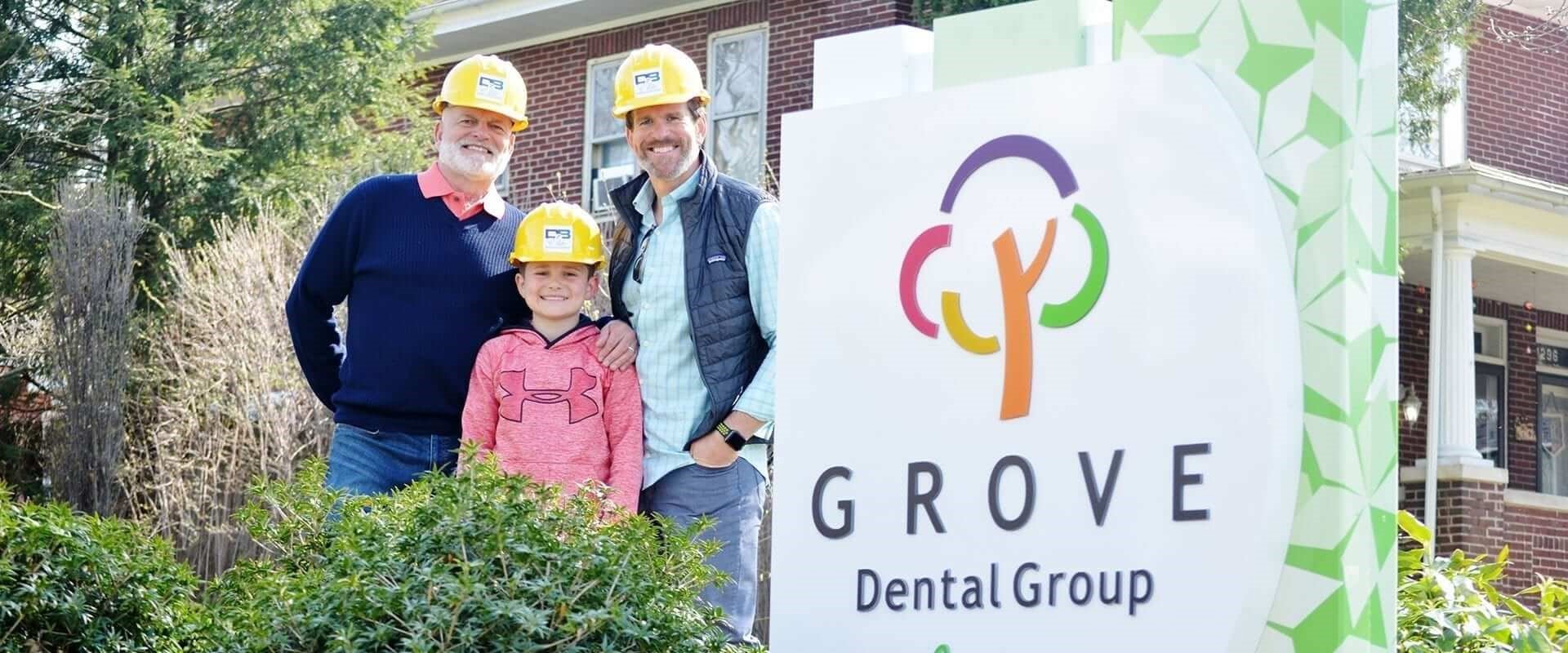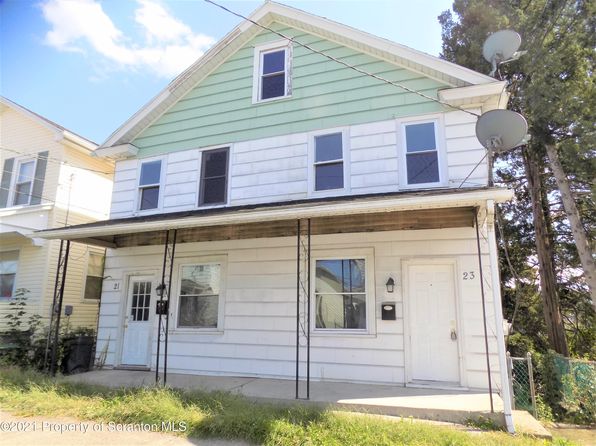Table of Content
They give support to all those who need help confronting the disease of alcoholism and drug dependence; whether it be an individual or an entire community. WinGate offers an experience no child can find in any group homes in Pennsylvania. Becoming one with nature and embracing the peace and tranquility can help adolescents to realize the path they were once on was a destructive one. When parents begin to see the changes taking place in their child, they are overwhelmed with excitement and we share in that emotion with them. Wilderness therapy allows adolescents from Pennsylvania to get away from the social peer pressures that once controlled their thinking so they can realize the negative choices they are making are destroying their chances of becoming independent young adults. Every day, we are privileged to witness young lives being transformed and given new hope for a brighter future.

SAMHSA’s duty is to dramatically reduce the impact that alcohol dependence and mental illnesses have on Pennsylvania communities. SAMHSA is made up of advisory councils and committees that help to move their goals forward. Through the direction of these committees, SAMHSA receives information and advice from the public members and counselors in the field of mental health and alcohol dependence treatment for troubled adolescents and young men and women.
FIRE SAFETY
It's important to keep in mind that not all group homes or residential treatment programs give the same treatment or therapy programs. Many take a focused approach, specializing in behavioral problems, defiance issues, substance abuse, and addiction transformation, academic failure, or failure to launch. This is why working with an agency like Therapy Insider is strongly advised. Our consultants can guide parents of young adults in Pennsylvania to consider the best therapy options for their son or daughter and to identify the best group homes providing the treatment options that provide the most benefit.

As applied to facilities subject to approval under Article IX of the act, the term also includes a stepbrother, stepsister or first cousin. Tutoring centers and educational testing and remedial centers licensed by PDE under 22 Pa. Code Chapters 61 and 63 (relating to tutoring centers; and educational testing and remedial centers). The provisions of this Chapter 3280 issued under Articles IX and X of the Human Services Code (62 P.S. § § 901—922 and 1001—1088), unless otherwise noted. Each person who has an Individual Support Plan , Individual Education Plan , Individual Habilitation Plan , or Individual Program Plan has a customized person-centered plan. SeniorLiving.org is compensated when you click on the provider links listed on this page.
Places Near Meadville, PA with Group Homes
Opportunity shall be provided for parents to participate in the facility’s program. The operator shall maintain a yearly file which documents general announcements to promote parent participation. The operator shall make staff persons and parents aware of community resources for the family of a child who may have special needs. The Department will provide to the operator information regarding community resources. A part-day school-age program that operates for less than 90 consecutive days per calendar year from the date the program opens to the date the program closes.
Our wilderness therapy program is considered one of the best in the United States, and we are a proud affiliate member of the National Association of Therapeutic Schools and Programs. WinGate Wilderness Therapy is a premier therapy program for teens from Pennsylvania; who are in need of recovery, addiction treatment, and behavior therapy. Our treatment philosophy is based on empowering troubled adolescents to learn how to make their choices and then to understand these choices have natural positive and negative consequences. Though WinGate is not a Group Home, we provide superior treatment in an outdoor setting for teenagers all over the country.
Joint Replacement Rehabilitation
Staff assist residents with developing skills that will allow the individuals the greatest independence and satisfaction possible. Staff persons shall have immediate access to a working telephone on the facility premises. If a land-line telephone is not accessible to staff persons during the hours of facility operation, a wireless telephone is acceptable. Verification of child care experience, education and training following the outset or service at the facility. Verification of child care experience, education and training prior to service at the facility. A copy of the child’s record shall be retained at the facility for at least 1 year after termination of service, unless the entire record is transferred by the operator to the parent or guardian or to another agency at the request of the parent or guardian.
A written statement giving formula and feeding schedule shall be obtained from the parent. A facility shall provide a sufficient number of refrigerators to contain foods which require refrigeration. The only canned foods permitted for children’s consumption are those commercially preserved in airtight jars or cans. Before, during and after the admission process, an operator may not discriminate against serving a child who has an illness which is not transmitted by casual contact. Paper cups, discarded after one use, or water fountains shall be used for between-meal drinking by children who are not bottle-fed. A child shall have a labeled toothbrush if brushing teeth is a program activity.
Alternative Rehabilitation Communities
A written plan of daily activities and routines, including a time for free play, shall be established. The plan shall be flexible to accommodate the needs of individual children and the dynamics of the group. If unsafe areas or conditions are in or near an outdoor play space, fencing or natural barriers are required to restrict children from those unsafe areas or conditions. The space may not be occupied by children of the infant or young toddler age levels during a time period when the capacity is exceeded.

If the facility is located in a building or a space which is not a residence, weapons, firearms and ammunition are prohibited. A child may not be present during removal of paint from the indoor or outdoor surfaces of a facility. The meal time shall be designated on the facility’s schedule of daily activities.
Respite care may also be used in the event of emergency situations, medical procedures, hospital stays or personal business. Arrangements can be made for an MCAR respite care worker to stay in the individual's home, or for the individual to stay in MCAR housing. A MCAR group home residence is like any regular home – with the same types of accommodations, furnishings and activities. The individuals who live in our group homes are supported 24 hours a day, seven days a week, by loving, caring staff.

Indoor space in which children are receiving care may not be used simultaneously for other business, commercial, social or another purpose unrelated to the child care being offered. One or more facility persons competent in pediatric first aid and pediatric cardiopulmonary resuscitation techniques shall be at the facility when one or more children are in care. Pediatric first-aid training and pediatric cardiopulmonary resuscitation . Competence is the completion of training by a professional in the field of first-aid and CPR. All staff persons shall renew their certification in pediatric first aid and pediatric CPR on or before the expiration of the most current certification. A Pennsylvania school-age professional credential is equivalent to 9 credit hours from an accredited college or university in elementary education or child development and 1 year experience with children.
The truth is, troubled teens come from all walks of life, and many come from the best homes. The critical point is for parents to recognize the signs of problems with their teen, so they can pursue help for them. Information on medical problems which might threaten the health of the children or prohibit a staff person from providing adequate care to children. A staff person shall accompany a child to a source of emergency care and shall remain with the child until the parent assumes responsibility for the child’s care. When children leave the facility on walking and riding excursions, emergency contact information specific to each child on the excursion must accompany a staff person on the excursion.

The initial health report for a young toddler must be dated no more than 6 months prior to the first day of attendance at the facility. The initial health report for an infant must be dated no more than 3 months prior to the first day of attendance at the facility. A pet or animal present at the facility, indoors or outdoors, shall be in good health and known to be friendly to children. A facility person may not use any form of physical punishment including spanking a child. Furniture must be durable, safe, easily cleaned and appropriate for the child’s size, age and special needs.

No comments:
Post a Comment